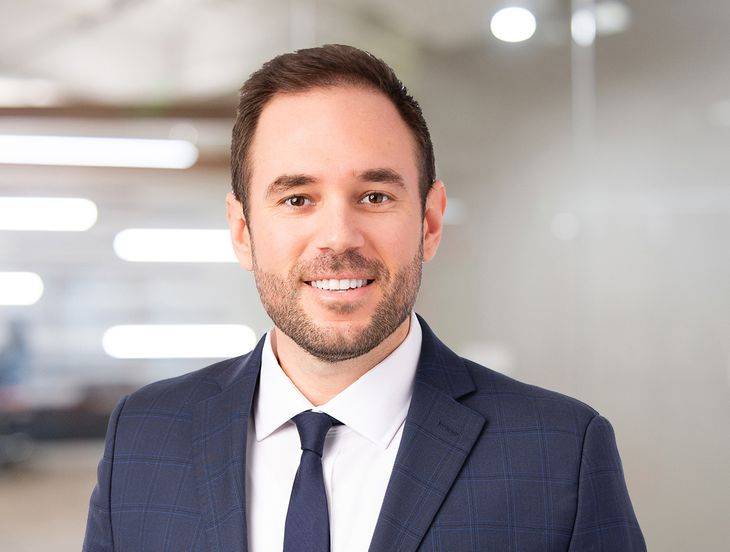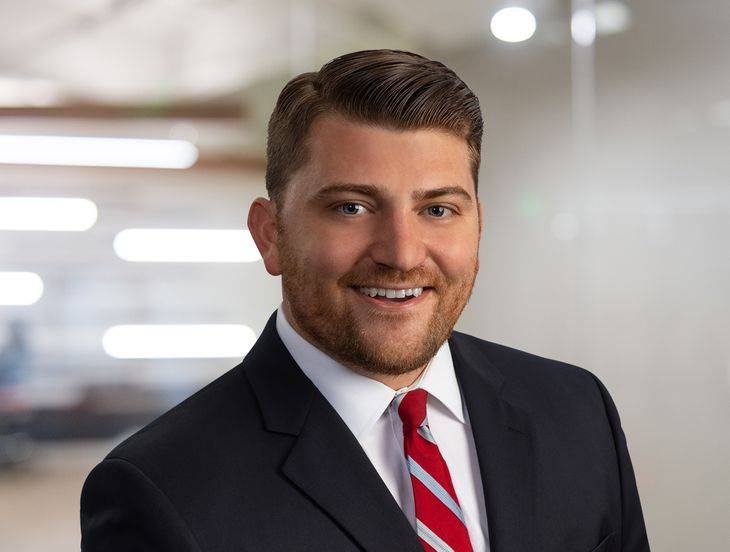Will Florida’s New Non-Compete Bill Attract Tech Companies to the Sunshine State? A Thought Experiment
Insights
7.07.25
Florida just enacted a game-changer of a law that makes it the friendliest state in the country for enforcing non-competes – and could also revolutionize how tech companies view the Sunshine State as a place to set up businesses. Given that the war for talent in the tech industry is red-hot, particularly among AI labs, with some reports of multimillion dollar bonuses for top talent, Florida’s new non-compete law could help pull tech companies to the Sunshine State. Consider these two hypothetical scenarios to understand how things might soon play out.
Hypothetical A – The AI Wiz Without a Non-Compete
You are the CEO of a successful AI startup. You just raised $100M and are poised to take on tech giants in the race to AI dominance. Unexpectedly, and without any advance notice, your Chief AI Officer resigns and announces that she is joining your biggest competitor, purportedly for a multimillion dollar signing bonus. She is armed with intimate knowledge of the trade secrets your company developed over the last three years, including the top secret plans to take market share away from her new employer.
This employee does not have a non-compete. There is no evidence she stole any documents. Assuming that you choose not to bring a claim for inevitable disclosure of trade secrets, you are left hoping she doesn’t use the trade secrets in her mind to hurt your company, despite now being your biggest competitor.
Fast Forward: Sure enough, the competitor she joined stays two steps ahead of you, and your company fails to catch up. You sue for trade secret misappropriation and spend millions in attorneys’ fees, but you lose the case because there is no direct evidence of misappropriation and the jury is unwilling to infer misuse of the secret information in your former employee’s memory. Your company has now spent millions with nothing to show for it, and you’re facing the difficult decision of having to lay off employees.
Hypothetical B – The AI Wiz With a New Florida Non-Compete
Let’s change one key variable. Now that Florida Governor Ron DeSantis allowed the CHOICE Act to take effect July 3 without his signature, Florida is by far the strongest non-compete enforcement forum in the country. What if this same business were located in Florida?
Your Chief AI Officer signed a non-compete agreement that is compliant with the law’s requirements:
- She will earn more than twice the annual mean wage in the company’s home county.
- You have advised her in writing of the right to seek counsel before signing the non-compete and gave her at least seven days to review.
- She acknowledged in writing that, in the course of her employment, she will receive confidential information or information about customer relationships.
- She agreed not to assume a role with or for another business in which she would provide services similar to the services provided to your company during the three years preceding the non-compete period, or in which it is reasonably likely she would use confidential information or customer relationships.
- The non-compete period lasts for two years post-separation – well below the four years permitted under the statute.
Competitive Restrictions Automatically Enforced
This time, when your Chief AI Officer resigns to join your biggest competitor in a directly competitive role, you take advantage of Florida’s new protections. When you file suit in Florida, the judge is required to enjoin the employee from taking the competitive position, possibly without having to consider any arguments about reasonableness of the covenants, irreparable harm, or balancing equities. No other state in the country has as easy an enforcement mechanism – and it’s not close.
Opponents Have High Bar to Clear
The burden then shifts to the employee and your competitor to modify or dissolve the injunction. To do so, they need to prove by “clear and convincing evidence” that:
- The employee will not perform similar work during the restricted period or use your confidential information or customer relationships;
- Your company failed to provide consideration for the non-compete agreement, after the employee provided you a “reasonable opportunity” to cure the failure; or
- The competitor is not engaged in (or preparing to engage in) a similar business as your company within the restricted territory.
Fast Forward: These arguments fail. Your Chief AI Officer remains enjoined from competing directly against you in the United States for two years. She lands a well-paid job with one of your enterprise customers with no risk of unfair competition. You execute your top-secret plans to take market share away from the competitor she tried to join, your company thrives, and you end up creating hundreds of new jobs.
How Non-Compete Laws May Impact Corporate Formation Decisions
These hypotheticals explore the extremes of unfair competition, but they are not far-fetched. In lightning-fast industries highly reliant on trade secrets to compete, like AI development, the difference between winners and losers is razor-thin. Success can depend on the ability to recruit and retain talent. The lawful and appropriate use of non-compete agreements can be a difference-maker. It is much easier and less expensive to prove violation of a non-compete agreement than trade secret misappropriation.
Will Florida’s new law attract technology companies that are fighting tooth and nail for talent? Time will tell, but attracting businesses is the goal of Florida lawmakers. The legislative findings accompanying the CHOICE Act state that “predictability in the enforcement of contracts described in this part encourages investment in this state.”
Conclusion
In the meantime, tech companies should ensure their contracts are as strong as possible within the bounds of the law to protect their business interests. The Fisher Phillips Tech Industry Group can help. Read more in our one-page spotlight: “How Technology Companies Can Reduce Risk with Strong Contracts.”
If you have questions, please contact the authors of this Insight, your Fisher Phillips attorney, any attorney in our Florida offices, or any attorney in our Tech Industry Team or Employee Defection and Trade Secrets Practice Group.
Make sure you are subscribed to Fisher Phillips’ Insight System to gather the most up-to-date information directly to your inbox. We constantly monitor new cases, legislation, and regulatory developments to keep you at the cutting edge of the law, so check out Blue Pencil Box for our daily updates on restrictive covenant law.
Related People
-
- Jonathan Crook
- Partner
-
- Michael P. Elkon
- Partner
-
- Brett P. Owens
- Partner


